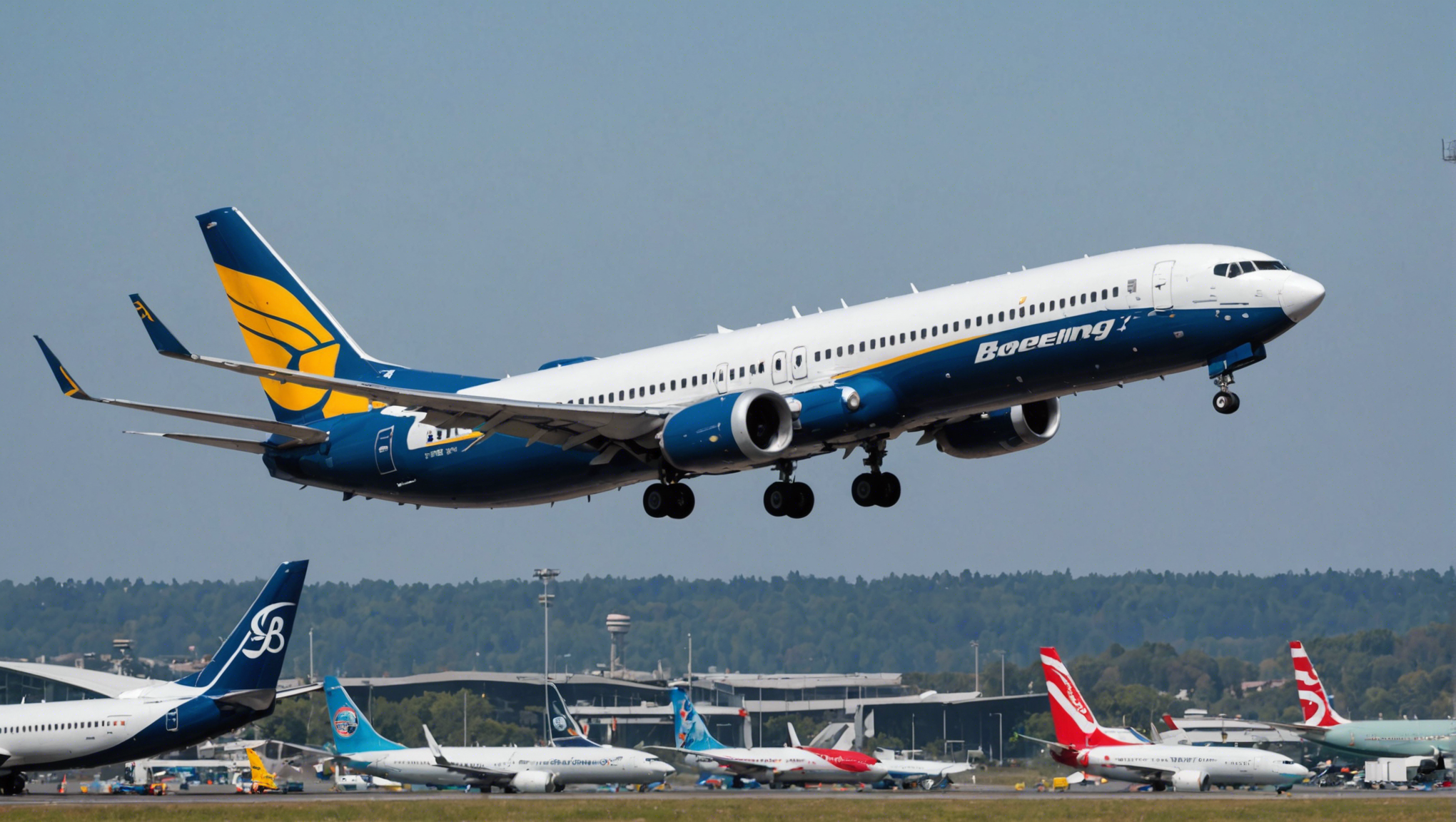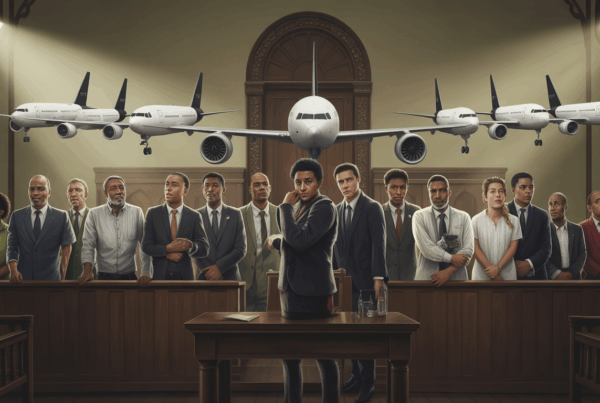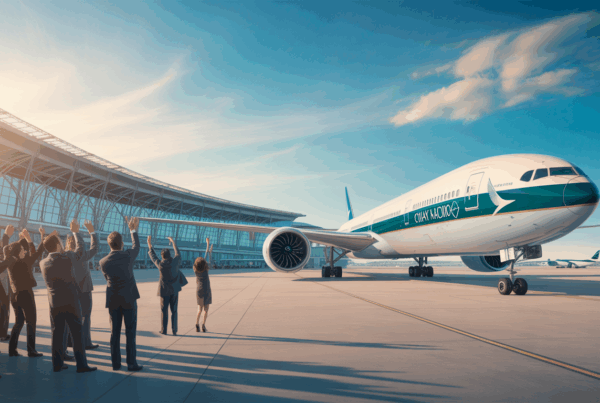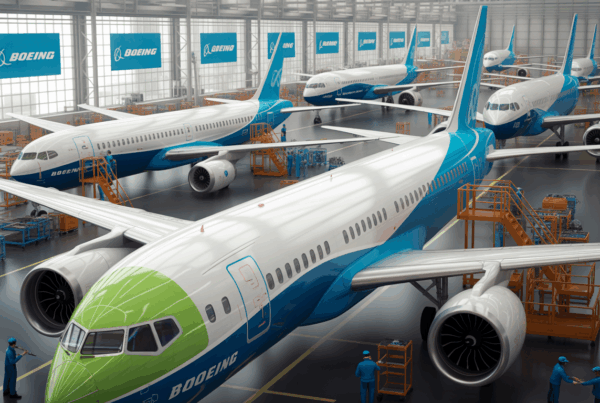Since the tragic accidents involving the Boeing 737 MAX, many questions have been raised about the responsibility of the American aircraft manufacturer. While some believe that criminal charges should be brought, others argue that Boeing should not be held criminally liable.

Background and challenges
In 2018 and 2019, two tragic crashes of the 737 MAX shook the aviation world, resulting in the deaths of hundreds of people. These accidents highlighted critical safety issues and triggered a series of government investigations and potential legal actions against Boeing.
Recent legal rulings
After months of investigation and deliberation, it has been announced that Boeing should not face criminal prosecution in the USA for these incidents. This decision is based on a number of legal factors and agreements between Boeing and the US authorities.
The arguments of the stakeholders
The families of the victims and several aviation safety experts have expressed their dissatisfaction with this decision, arguing that Boeing must be held accountable for its actions. On the other hand, Boeing and its defenders maintain that substantial efforts have been made to improve aircraft safety and prevent future accidents.
Impact on the aeronautics industry
The decision not to prosecute Boeing could have a significant impact on the aviation industry. It could influence the way aviation companies manage safety and transparency, as well as the way regulators enforce safety rules.
Legal and technical factors
The investigations revealed technical and decision-making shortcomings at Boeing. However, the agreements reached and the commitments made to rectify the situation played a crucial role in the decision not to initiate criminal proceedings.
- Reinforced investments in safety 👍
- Flight control system enhancements 🛠️
- Additional training for pilots 👨✈️
International reactions
The international community is watching this situation closely. Regulators and aviation companies around the world may adjust their own regulations and processes in response to this decision.
Future prospects
As Boeing enters a period of turnaround, the confidence of the public and regulators will be crucial. Continued efforts to improve safety and demonstrate full transparency could determine the company's future in the airline industry.
| Key points | Implications |
| No criminal prosecution | Mixed reactions from stakeholders |
| Past agreements | Commitment to improvement |
| Global impact | Possible regulatory changes |
To find out more about the legal ramifications and technical details of the investigations, read the articles in Le Temps and BFMTV.




